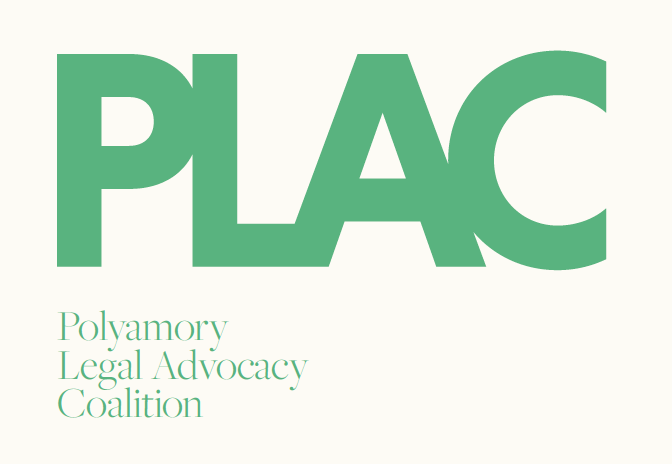PLAC Members in the Media
The Atlantic: The Rise of the Three-Parent Family
Diana Adams, the founder of Chosen Family Law Center, says that interest in this option has been growing over the past 15 years, spurred by the increasing acceptance of queer families and the popularity of assisted-reproduction technologies. (Chosen Family Law Center works with New York and New Jersey residents and does national legislative advocacy.) In Adams’s experience, applications for three-parent adoption succeed most commonly when the triad consists of a same-sex couple—usually female—and the male sperm provider who plans to be a platonic co-parent.
Just as marriage provides benefits that cohabitation doesn’t, legal tri-parenting creates stability and rights that less formal arrangements lack. According to Adams, in tri-parenting arrangements that aren’t legally recognized, a break between the two legal parents might mean that the third parent can be denied access or custody to the child, even if they’ve always been an important and beloved part of the child’s life. The nonlegal parent’s status is also vulnerable in the case of a tragedy—for example, if the two legal parents were to pass away without wills, and without formalizing the role of the third parent, a disapproving relative could take the child away and the third parent would have little legal recourse.
For Adams, tri-parenting is a way of reclaiming the “diversity and beauty of the queer community.” When it comes to queer rights, the big fight of past decades has been to legalize gay marriage, which has been significant, but has also played into the narrative that the two-parent family is and should be the default structure. “That has taken away some of the power of being able to live radically queer lives without needing to fit into a capitalist, patriarchal structure of a nuclear family,” Adams told me.
